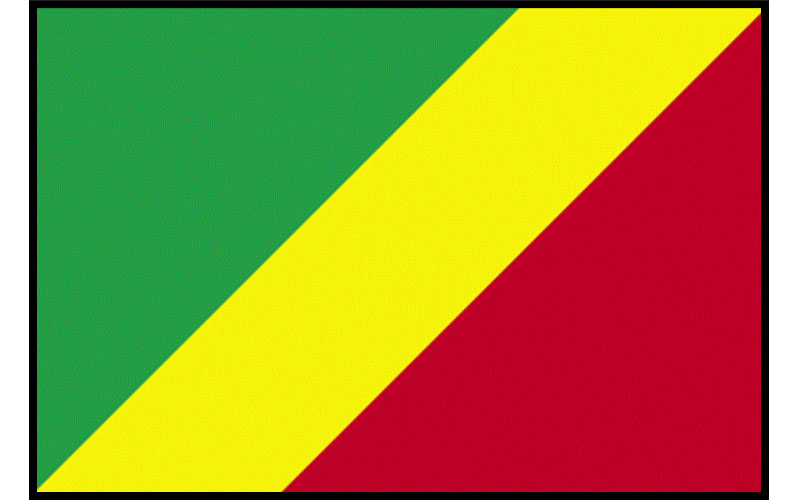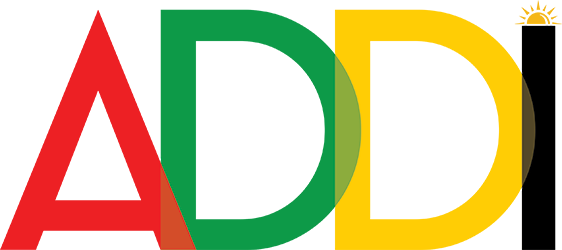
President: Denis Sassou Nguesso
Land area: 6,641 sq mi (17,200 sq km); total area: 132,047 sq mi
Population: 5.381 million (2019)
Capital: Brazzaville
Monetary unit: Central African CFA franc
Languages: The Democratic Republic of Congo is one of the most linguistically diverse countries in the world, with over 200 languages spoken in the country. While French is the official language and widely used in education and government, there are four national languages: Kikongo (Kituba), Lingala, Swahili, and Tshiluba.
Ethnicity/race: About half of Congo’s inhabitants identify with the Kongo peoples, whose major subgroups include the Sundi, Kongo, Lali, Kougni, Bembe, Kamba, Dondo, Vili, and Yombe. The Ubangi peoples include the Makoua, Kouyou, Mboshi, Likouala, Ngala, and Bonga. The Teke and the Sanga, or “Gabonese Bantu,” are also divided into subgroups. The Binga Pygmies live in small bands, usually as clients of surrounding farming peoples. Of the Europeans who remained in Congo prior to the civil strife of the late 1990s—many of whom were French and resided in the major cities—only a fraction remain.
Religion: Some three-fourths of the population is Christian. Adherents of Roman Catholicism account for about one-third of the country’s Christians. The Protestant community includes members of the Evangelical Church of the Congo. There are also independent African churches; the Kimbanguist Church, the largest independent church in Africa, is a member of the World Council of Churches. Other independent churches include the Matsouana Church and the Bougist Church. Most of the small Muslim community is made up of foreigners who reside in Brazzaville or Pointe-Noire.
Economy: Petroleum and mining are the major export industries, followed by forestry and commercial agriculture. Light manufacturing (mostly shoes), sugar processing, and assembly industries assumed greater importance in the 1980s. These activities, however, employed only a small fraction of the labour force, most of which worked in agriculture and the nonsalaried informal urban economy.
In the late 1980s, following a fall in world oil prices, Congo experienced a major financial crisis. Negotiations for aid from the International Monetary Fund (IMF) and the World Bank produced agreements to privatize portions of the national economy and to reduce the national bureaucracy. Such agreements may have improved the ability of Congo to compete in the international economy; at the same time, they did little to ameliorate the poverty of much of the population.
Congo continued to remain a heavily indebted country. Failure to make payments on outstanding debts prompted the suspension of disbursements by the World Bank in the late 1990s, shortly before the halt of all international aid with the outbreak of civil conflict. In 2000 the IMF approved emergency assistance, and the World Bank resumed its activities in 2001; in November 2007 the London Club of creditors canceled some four-fifths of Congo’s debt.
